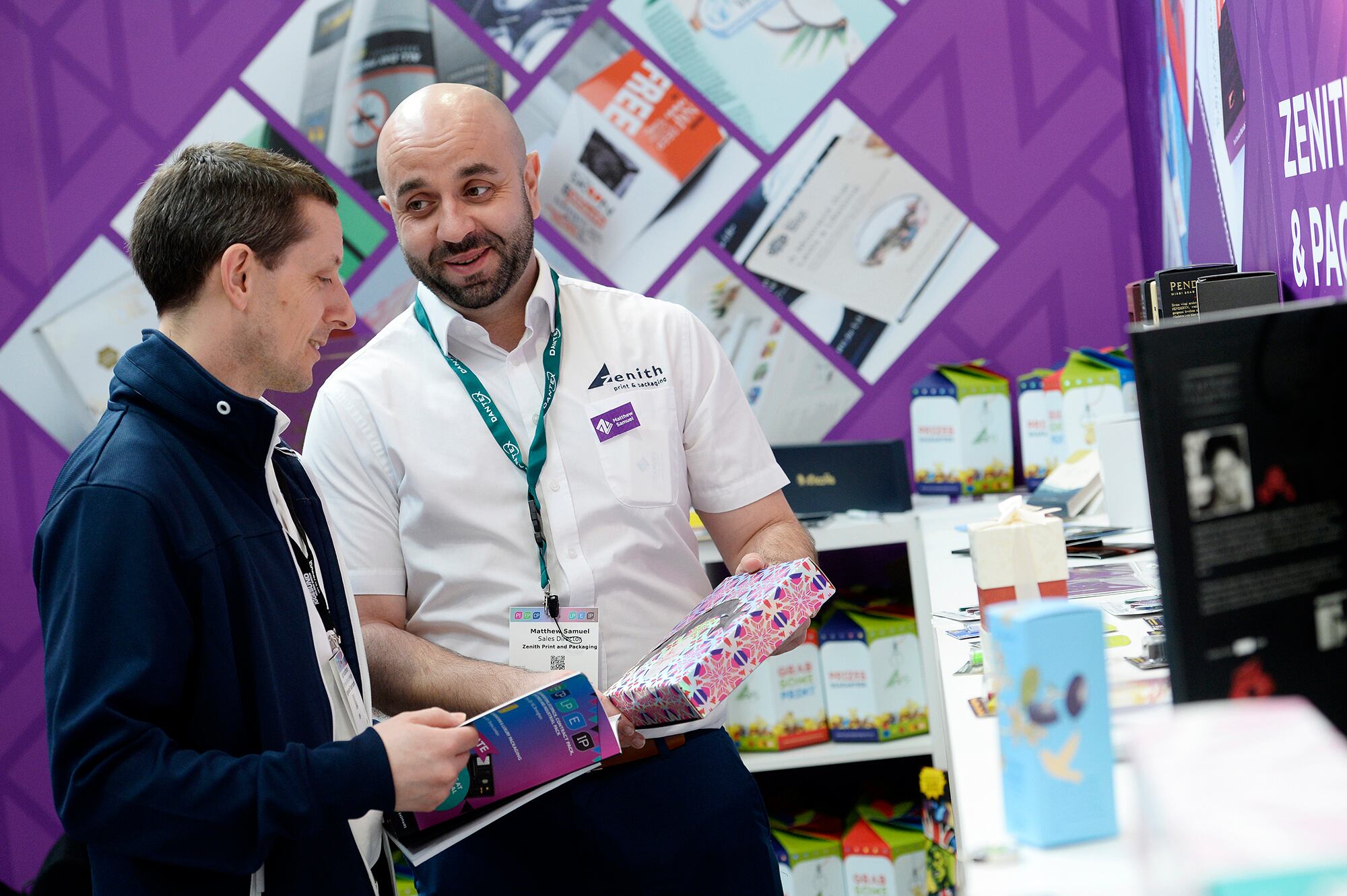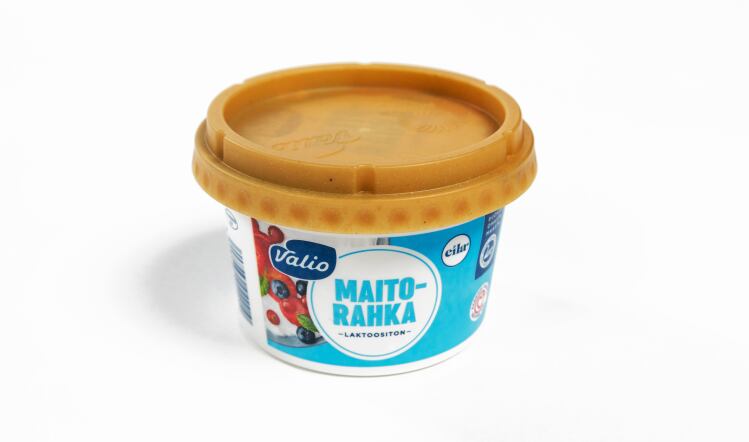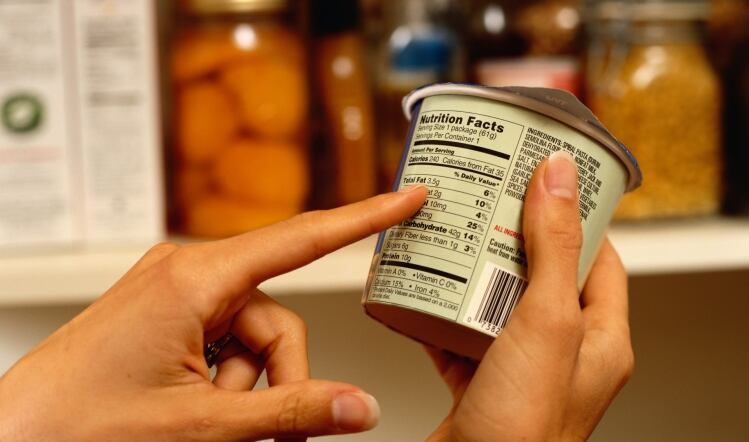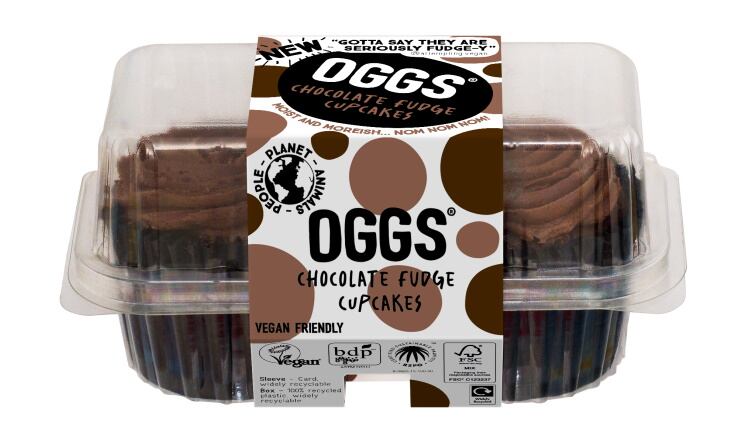Following the 2017 airing of the Blue Planet II episode, which highlighted the impact of plastic pollution on our oceans, there has been growing demand for food and drink items to be contained in less packaging, or in formats that are more environmentally friendly.
Achieving either, while still protecting products from damage and harmful micro-organisms, clearly requires innovation and, later this month, food and drink packaging executives have the chance to discover the latest market technologies enabling them to meet such demands.
Held at Birmingham NEC on 26–27 February, the Packaging Innovations 2020 show will give delegates an opportunity to view cutting-edge products for the first time, learn from packaging pioneers, and network with like-minded individuals.
Co-located with Label&Print, Ecopack, Empack, and Contract Pack & Fulfilment, the show includes a seminar programme of leaders, innovators and policy influencers from the packaging industry.
The Industry Forum Stage will play host to a 90-minute food forum at 12.30 on 26 February, where firms such as Delipac, Rap Packaging, Coveris and Bericap will talk through the hottest topics, from sustainable packaging strategies, to food safety, branding and design.
Market trends
This follows a 90-minute forum on drinks, starting at 10.30am on the same day, which will bring together household alcohol names alongside emerging micro-brewers and distillers to discuss the latest market trends.
Show times
Wednesday 26 February: 10:00 – 17:00
Thursday 27 February: 10:00 – 16:00
Visit PackagingBirmingham.com for more details and a visitor's pass
New to this year’s show, the Design Innovation Stage aims to bridge the gap between design and technical production, as well as highlight the importance of design in overcoming challenges such as sustainability and accessibility.
Meanwhile, the Ecopack stage will be dedicated to tackling the issue of sustainability throughout the show’s two days. It will include the BIG Carbon Debate, which will unpick the challenge of creating packaging that is truly eco-friendly throughout its entire lifecycle, instead of focusing solely on plastic and its alternatives.
The Ecopack Challenge, in association with Marks & Spencer (M&S), returns on day one (26 February, 14.30–15.30). In the Dragons’ Den-style session, six shortlisted firms will showcase their eco-friendly packaging to demonstrate why they should be voted best in show by an expert panel and the audience.
As part of the judging process, the products will be tested by the OPRL Packaging Recyclability Evaluation Portal (PREP) tool, which assesses whether the packaging material can be easily recycled by consumers. Winners will be invited to develop their packaging concept with M&S.
Later in the day (15.30–16.30), a session entitled ‘Convenience and sustainability, how do we get the consumer to play their part?’ will include Nick Brown, head of sustainability at Coca-Cola European Partners and Green Alliance senior policy adviser Libby Peake.
Educating consumers
The discussion will consider how the industry can educate consumers to understand the different types of packaging materials, the resources and carbon required to produce them, and how to correctly dispose of them in an environmentally friendly way.
The second BIG Carbon Debate will be the focus of day two as experts in their field take to the stage to discuss packaging’s impact on the Government’s target to achieve net-zero carbon output by 2050.
Two teams, for and against the target, will aim to persuade the audience that their view is correct. The debate will consider how plastic bans would impact the UK’s ability to reach its target by assessing the carbon footprint of plastic against the ‘sustainable’ alternatives.
Seminar content needs to constantly evolve to reflect current conversations in the industry, says Victoria Blake, event director of Easyfairs’ UK packaging portfolio.
“Our new platform takes ... the BIG Plastic Debate even further to offer a holistic view of packaging and climate change, reflecting the fact that the conversation needs to be broader than just plastic,” says Blake.
“We want to address consumers’ plastic-phobic mentality and discuss how brands can produce truly eco-friendly packaging that can be easily composted, recycled, or reused.”




